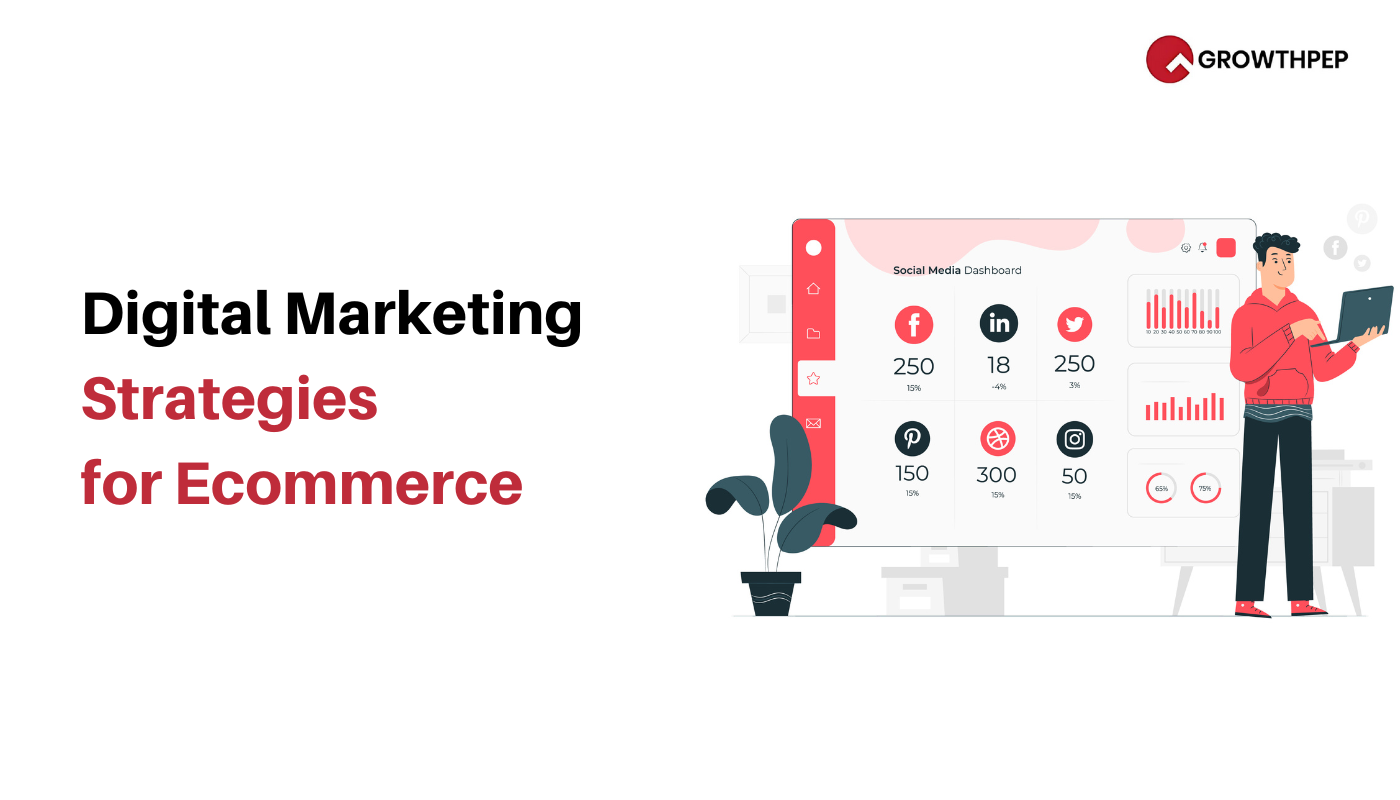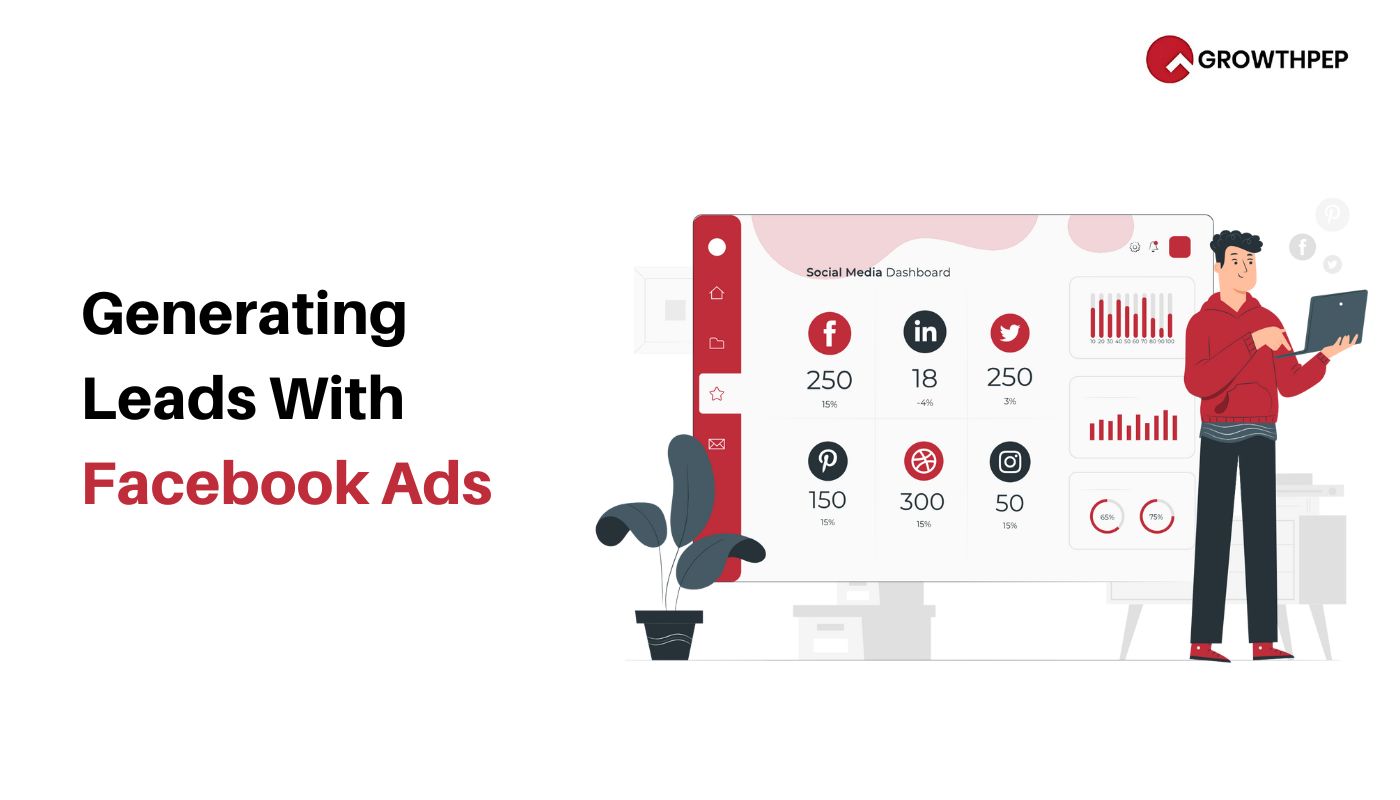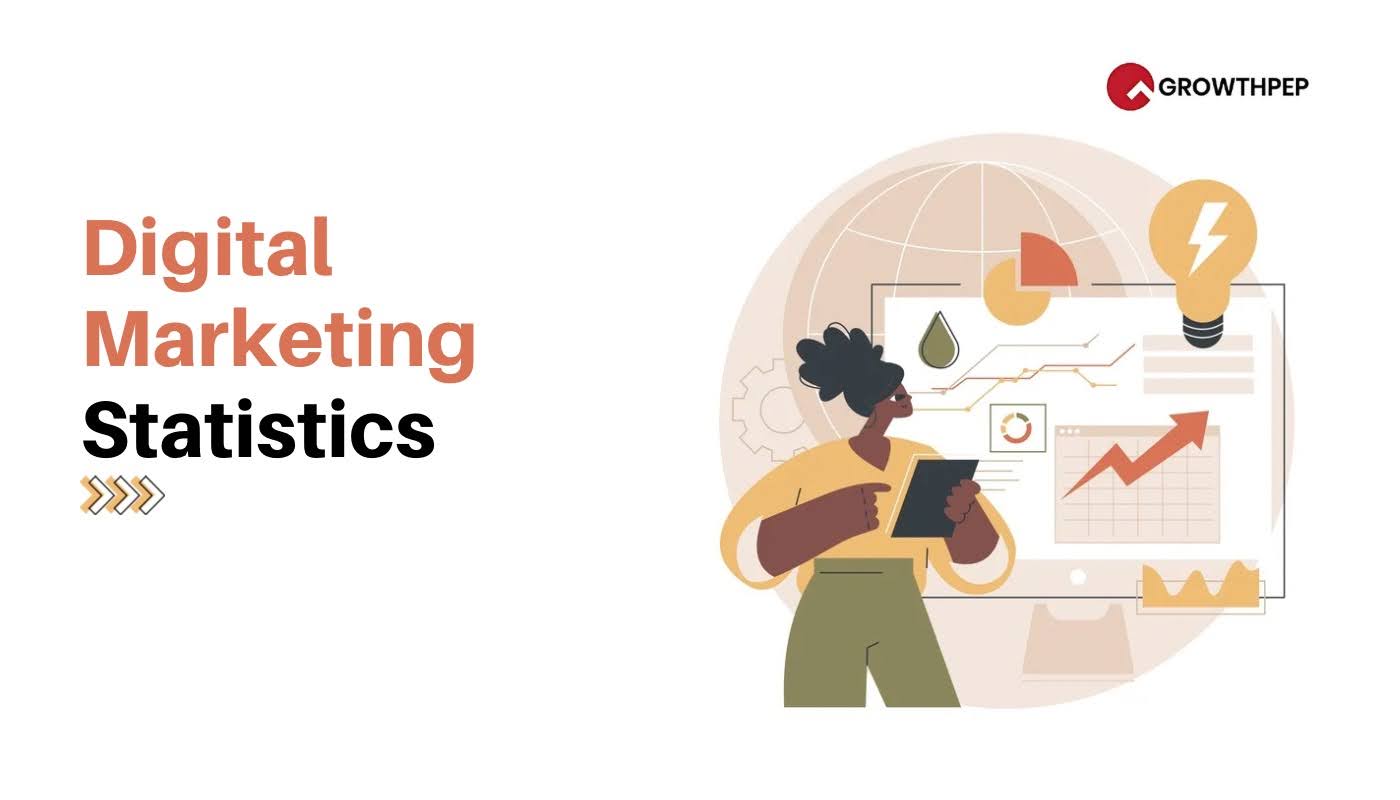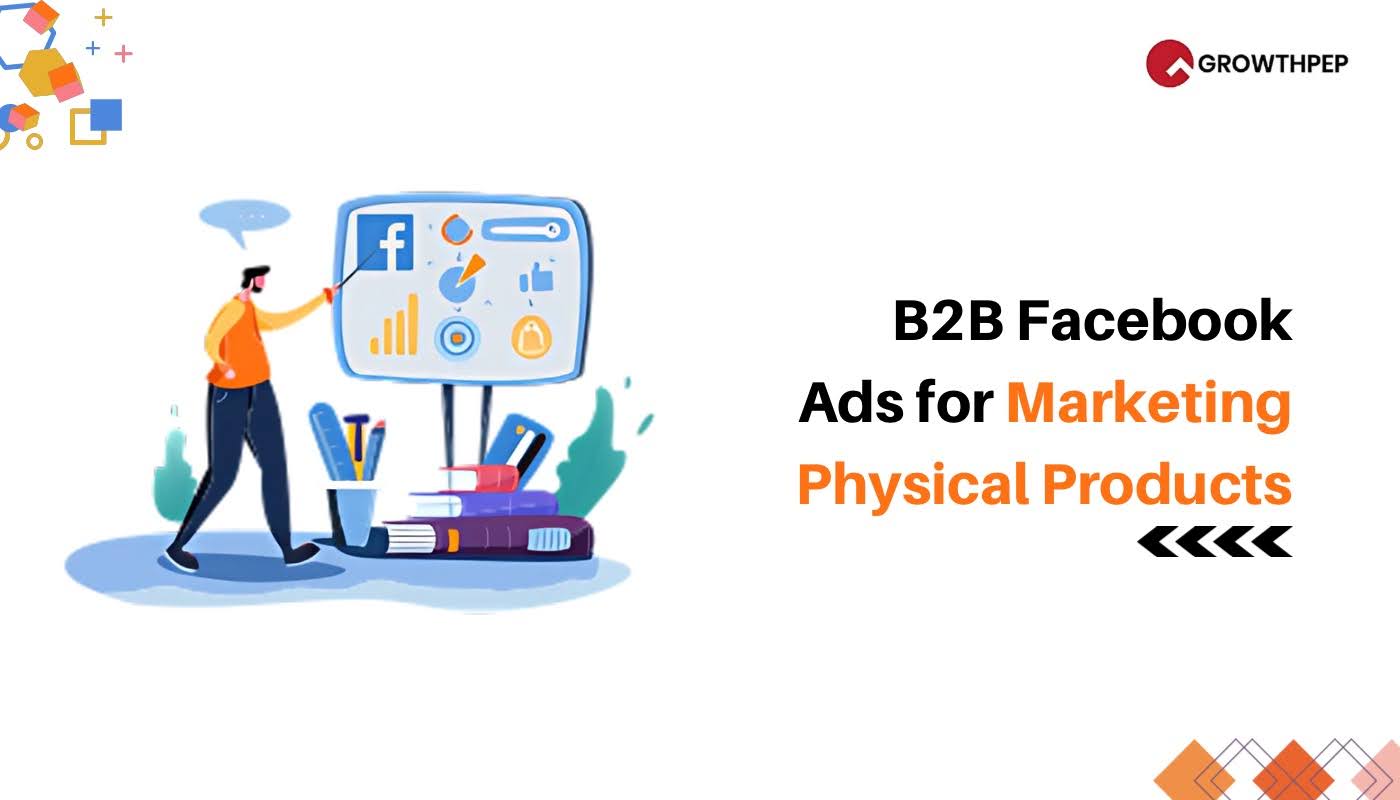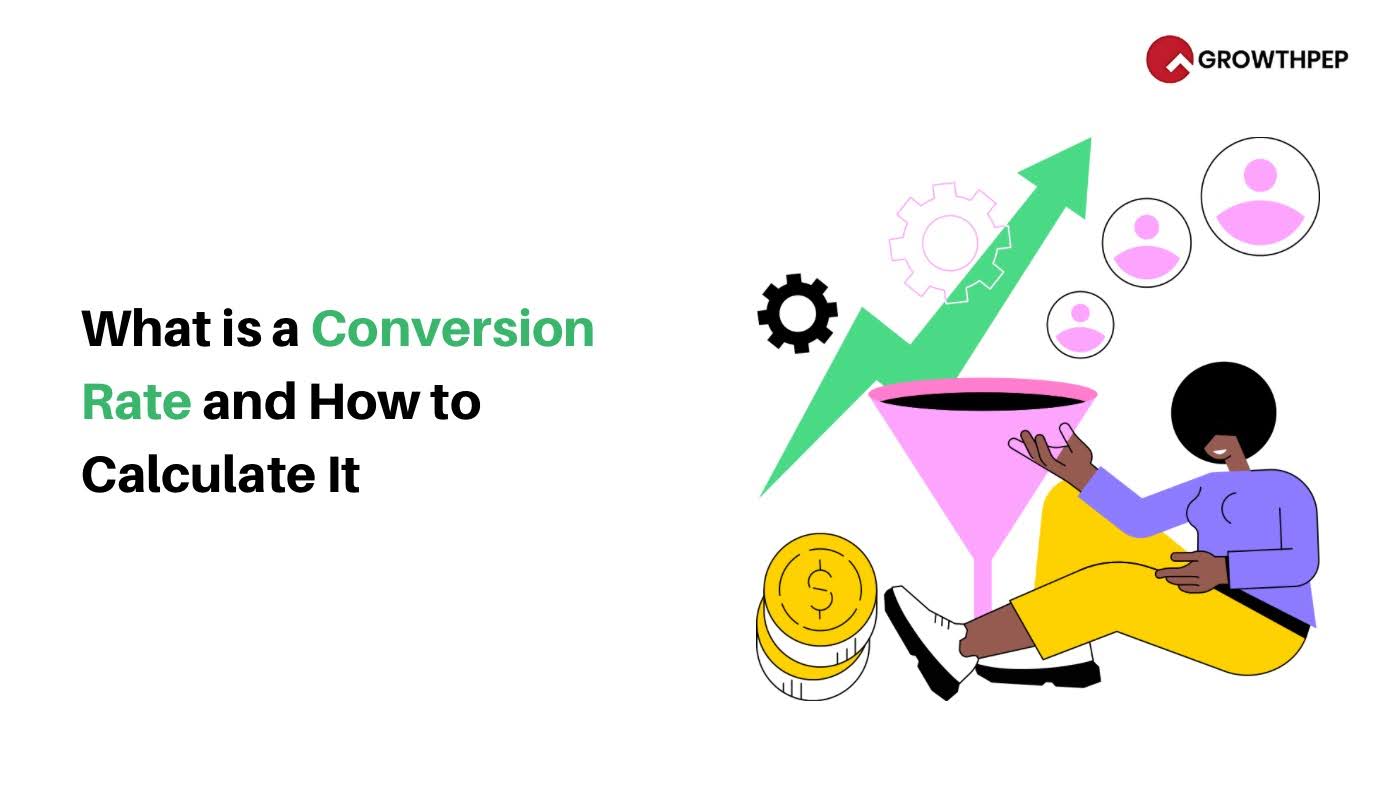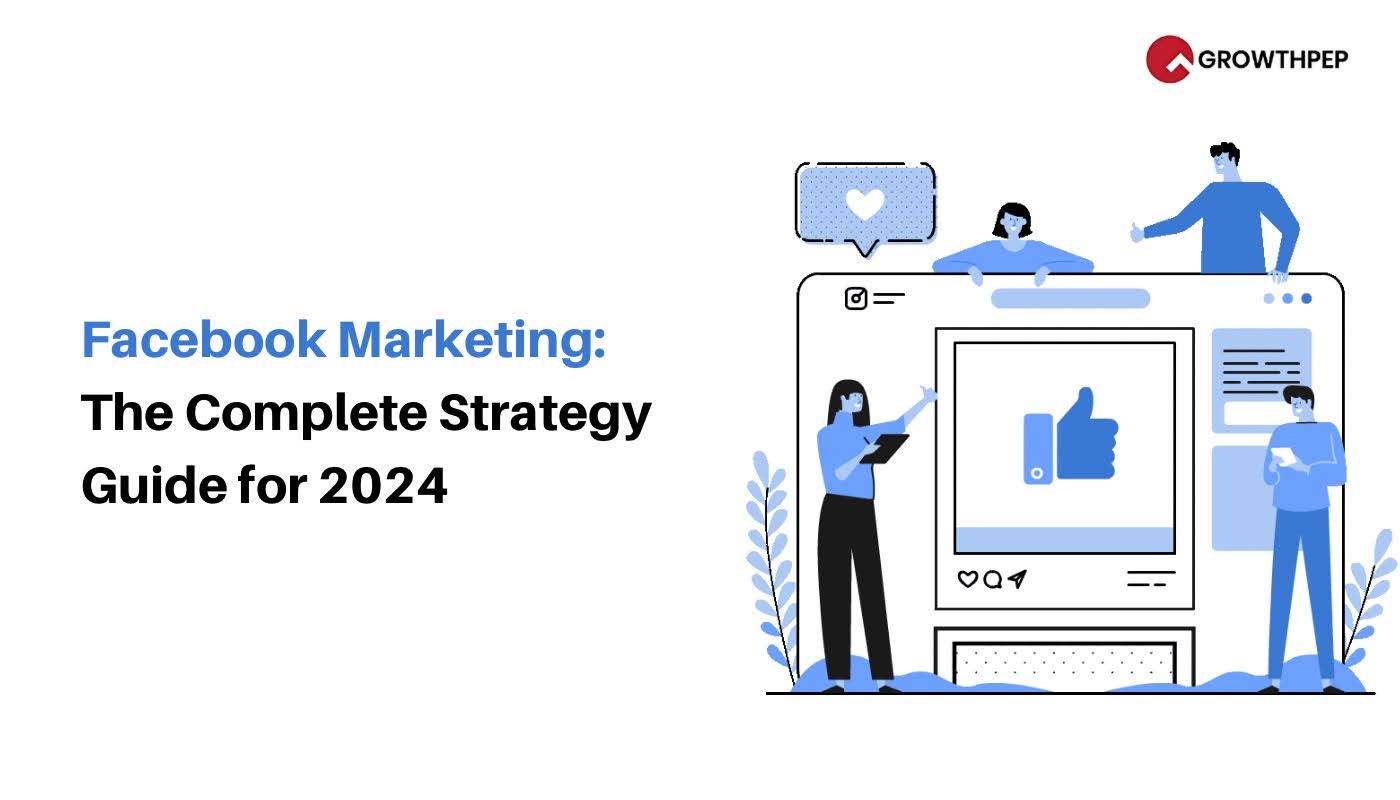Digital Marketing Strategies for Ecommerce: Tips and Examples
Don’t you hate it when you have a fantastic product, but it’s hidden on page 10 of the search results, right behind those “interesting” cat videos? Let’s explore the solution for this!
The rapid growth of e-commerce has transformed how founders run their businesses, making it crucial to adopt effective digital marketing strategies tailored to e-commerce-specific products. With competition growing fiercer by the day, founders need more than just a great product; they must implement strategic marketing approaches that can scale their online operations, build brand awareness, and drive long-term customer loyalty.
eCommerce marketing entails using several online marketing methods to advertise your online store. In 2024, retail e-commerce sales are estimated to exceed 6.3 trillion U.S. dollars worldwide, and this figure is expected to reach new heights in the coming years. With retail eCommerce sales expected to reach $8.1 trillion by 2026, it is a growing industry.
This blog will explore essential digital marketing strategies for eCommerce-specific products. We’ll provide actionable insights on how these strategies can help you capture your share of the $2.8 trillion annual online sales.
Why are Digital Marketing Strategies Important for E-commerce?
In eCommerce, digital marketing isn’t just an option—it’s a necessity. With most consumers shopping online, businesses must adopt robust digital marketing for eCommerce-specific products to remain competitive. Effective digital marketing strategies help businesses:
- Increase visibility: With a well-planned marketing strategy, your products can appear in front of the right audience at the right time.
- Drive traffic: Digital marketing channels like SEO, PPC, and social media are critical for attracting potential customers to your website.
- Boost conversion rates: Digital marketing can significantly increase the chances of converting visitors into paying customers by targeting the correct audience with relevant content and offers.
- Enhance customer loyalty: Personalised email campaigns and social media engagement can build strong relationships with your customers and encourage repeat purchases.
Considering the importance of digital marketing strategies for eCommerce-specific products, let’s start with SEO strategies for E-commerce.
Also Read: Performance Marketing Strategies in e-commerce 2024
Effective Digital Marketing Strategies for Ecommerce
To successfully scale your eCommerce business, founders must use digital marketing strategies that attract customers, drive conversions, and foster loyalty. A well-rounded approach will help you build a solid online presence, increase revenue, and ensure long-term growth for your brand.
Below are some key strategies to help you achieve these goals.
1. SEO Strategy for E-commerce
Search Engine Optimisation (SEO) is the foundation of successful digital marketing for eCommerce-specific products. It involves optimising your online store to rank higher in search engine results pages (SERPs), making it easier for potential customers to find your products. Here are some key strategies for implementing a successful e-commerce SEO approach:
- Keyword Research: Identify and target the keywords your potential customers are searching for. Tools like Google Keyword Planner, SEMrush, and Ahrefs can help you discover the best keywords for your niche. For instance, if you sell organic skincare products, you might target keywords like “organic face cream” or “natural skincare products.”
- On-Page Optimisation: Ensure your product pages are optimised for the targeted keywords. This includes optimising meta titles, descriptions, headers, and product descriptions. Use high-quality images and videos to enhance user experience, as Google considers user engagement in its ranking algorithm.
- Technical SEO: Improve site speed, ensure mobile-friendliness, and implement a clear site structure. Google’s Mobile-First Indexing means mobile optimisation is crucial for ranking well in search results.
- Content Creation: Create high-quality content that adds value to your customers. This could be through blog posts, guides, or product reviews incorporating your targeted keywords. For example, if you’re selling fitness equipment, you could create a blog post, “Top 10 Exercises Using [Your Product],” to drive organic traffic.
- Link Building: Acquire high-quality backlinks from reputable websites in your industry. Guest blogging, influencer collaborations, and partnerships with complementary brands effectively build links.
Implementing these SEO strategies can enhance your digital marketing for eCommerce-specific products, making it easier for customers to find your online store through organic search.
Now, let’s dive into how PPC campaigns can complement your SEO efforts and drive immediate traffic to your site.
Also Read: Strategies for Lead Generation in Digital Marketing
2. PPC Campaigns
Pay-per-click (PPC) advertising is essential to digital marketing for eCommerce-specific products. It allows you to reach potential customers quickly and effectively. PPC campaigns can drive immediate traffic to your website, making them ideal for promotions, product launches, or targeting specific keywords.
- Google Ads: Google Ads is the most popular platform for PPC campaigns, allowing you to target users searching for specific keywords. For eCommerce, Google Shopping Ads are particularly effective as they directly showcase your products with images, prices, and descriptions in the search results. This can significantly increase click-through rates and conversions.
- Bing Ads: While often overlooked, Bing Ads can be a valuable addition to your PPC strategy, mainly if you’re targeting an older demographic or specific regions where Bing has a more substantial presence.
- Social Media Ads: Platforms like Facebook, Instagram, and Pinterest offer highly targeted ad placements that can be tailored to specific audiences. For instance, if you’re selling fashion accessories, Instagram Ads with visually appealing images can drive significant traffic to your site.
- Retargeting: Retargeting campaigns allow you to target users who have previously visited your website but didn’t make a purchase. By displaying tailored ads on other websites they visit, you can encourage them to return and complete their purchase.
- A/B Testing: Continuously test different ad creatives, copy, and targeting options to optimise your PPC campaigns. A/B testing helps identify what resonates best with your audience, allowing you to refine your strategy for better results.
PPC campaigns are powerful digital marketing tools for eCommerce-specific products. When executed correctly, they can drive significant traffic and conversions, providing a solid return on investment (ROI).
Speaking of engagement, using social media platforms effectively can catapult your eCommerce business into the limelight
3. Social Media Strategy
Social media platforms are a goldmine for eCommerce businesses looking to engage with their audience, build brand awareness, and drive sales. A well-executed social media strategy is integral to digital marketing for eCommerce-specific products.
- Platform Selection: Identify the social media platforms where your target audience is most active. For example, Instagram and Pinterest are ideal for fashion and beauty brands, while LinkedIn might be more suitable for B2B eCommerce.
- Content Creation: Develop a calendar that includes promotional posts, user-generated content, educational posts, and engaging visuals. High-quality images, videos, and infographics can capture attention and encourage shares, expanding your reach.
- Influencer Collaborations: Partnering with influencers who align with your brand can help you reach a wider audience. Influencers can create authentic content showcasing your products, boosting credibility, and driving sales.
- Social Media Ads: Paid social media advertising allows you to target specific demographics, interests, and behaviors. For example, Facebook Ads enable you to target users based on their purchasing behavior, ensuring your products are seen by those most likely to buy.
- Engagement: Actively engage with your audience by responding to comments, messages, and mentions. Building a community around your brand encourages customer loyalty and word-of-mouth marketing.
- Analytics: Use social media analytics tools to monitor your performance. Track key metrics like engagement rate, click-through rate, and conversion rate to assess the effectiveness of your strategy and make data-driven decisions.
Social media is a critical component of digital marketing for eCommerce-specific products. It offers numerous opportunities to connect with your audience, build brand loyalty, and drive sales.
But let’s not forget one of the oldest yet most effective channels: email marketing.
Also Read: Understanding the Basics of Google Ads and PPC Marketing
4. Email Marketing
Email marketing remains one of the most effective channels for nurturing leads and driving repeat sales in digital marketing for eCommerce-specific products. A well-crafted email marketing strategy can help you stay top-of-mind with your customers and encourage repeat purchases.
- List Building: Grow your email list by offering incentives like discounts, free shipping, or exclusive content. Use sign-up forms on your website, social media channels, and during checkout to capture email addresses.
- Segmentation: Segment your email list based on customer behavior, demographics, and purchase history. This allows you to send personalised emails that resonate with each segment. For example, you can send tailored product recommendations based on a customer’s past purchases.
- Automation: Set up automated email campaigns, such as welcome emails, abandoned cart reminders, and post-purchase follow-ups. Automation ensures timely and relevant communication, increasing the likelihood of conversions.
- Content: Create compelling email content that provides value to your subscribers. This could include product updates, exclusive offers, educational content, and personalised recommendations. Use engaging subject lines and clear calls-to-action (CTAs) to encourage opens and clicks.
- A/B Testing: Continuously test different email elements, such as subject lines, CTAs, and design, to optimise your campaigns. A/B testing helps you understand what works best for your audience, leading to better performance over time.
- Analytics: Monitor critical metrics like open rates, click-through rates, and conversion rates to measure the success of your email campaigns. Use these insights to refine your strategy and improve results.
Email marketing is a powerful tool in digital marketing for eCommerce-specific products. It enables you to build lasting customer relationships and drive repeat sales.
Now, let’s discuss how you can create content that attracts and retains your audience.
5. Content Marketing
Content marketing is a crucial component of digital marketing for eCommerce-specific products. Creating valuable, informative, and engaging content can attract and retain customers, build brand authority, and drive sales.
- Blogging: Regularly publish blog posts that address your customers’ pain points, answer their questions, and provide insights about your products. For example, if you sell home improvement products, you could write a blog post titled “5 DIY Home Projects Using [Your Product].” Blogging drives organic traffic and helps establish your brand as an authority in your niche.
- Product Guides: Create detailed product guides that help customers make informed purchasing decisions. These guides can include product comparisons, usage tips, and customer reviews. For instance, a guide on “How to Choose the Best Blender for Your Needs” can be highly valuable to your audience if you sell kitchen appliances.
- Video Content: Video marketing is becoming increasingly popular in eCommerce. To showcase your products in action, create product demonstration videos, how-to tutorials, and customer testimonials. Platforms like YouTube, Instagram, and TikTok are ideal for sharing video content.
- Infographics: Infographics are a great way to present complex information in a visually appealing format. They can be shared on your blog, social media, and email campaigns to engage your audience and drive traffic.
- User-Generated Content: Encourage your customers to create content featuring your products. User-generated content, such as reviews, photos, and videos, can be powerful social proof influencing other customers’ purchasing decisions.
- SEO Content: Optimise your content with relevant keywords to improve its visibility in search engines. Incorporate the primary keyword digital marketing for eCommerce-specific products naturally throughout your content to enhance its ranking potential.
Content marketing plays a pivotal role in digital marketing for eCommerce-specific products. It helps you attract, engage, and convert your target audience through valuable and relevant content.
Finally, explore how using influencers and affiliate marketers can amplify your reach and credibility.
Also Read: Understanding What Marketing Funnels Are and How They Work
6. Influencer and Affiliate Marketing
Influencer and affiliate marketing are powerful digital marketing strategies for eCommerce-specific products. They allow you to use the reach and credibility of others to promote your products. 30% of consumers report that influencer recommendations are one of the most critical factors in their purchasing decisions
- Influencer Marketing: Collaborating with influencers with a strong niche following can significantly boost your brand’s visibility. Choose influencers whose audience aligns with your target market and who can authentically promote your products. For example, if you sell fitness apparel, partnering with fitness influencers on Instagram can help you reach a wider audience.
- Affiliate Marketing: Affiliate marketing involves partnering with affiliates who promote your products in exchange for a commission on sales. Affiliates can include bloggers, YouTubers, and websites relevant to your industry. Provide them with unique affiliate links and promotional materials to help them market your products effectively.
- Product Reviews: Encourage influencers and affiliates to create detailed product reviews. These reviews can be shared on their platforms, driving traffic and sales to your eCommerce store.
- Sponsored Content: Collaborate with influencers to create sponsored content featuring your products. This content can be blog posts, social media posts, or videos highlighting your products’ benefits.
- Discount Codes: Offer exclusive discount codes to influencers and affiliates to share with their audience. This not only incentivises purchases but also helps track the effectiveness of your influencer and affiliate marketing efforts.
- Performance Tracking: Monitor the performance of your influencer and affiliate marketing campaigns using tracking tools and analytics. Assess the ROI of each partnership and optimise your strategy based on the results.
Influencer and affiliate marketing are essential components of digital marketing for eCommerce-specific products. They provide opportunities to reach new audiences and drive sales through trusted voices in your industry.
Conclusion
Implementing the right digital marketing strategies is crucial for the success of your eCommerce business. Whether you’re focusing on SEO, PPC, social media, email marketing, content marketing, or influencer partnerships, each strategy plays a vital role in driving traffic, increasing conversions, and building customer loyalty.
Considering the complexities of digital marketing for eCommerce-specific products can be challenging for business owners. That’s where Growthpep comes in. Growthpep is an ROI-driven performance marketing agency dedicated to helping eCommerce businesses scale their operations and maximise revenue.
With a proven track record of successfully handling targeted ad campaigns across multiple digital channels, including Facebook, Google, and Amazon, Growthpep is your go-to partner for driving substantial growth.
Ready to take your eCommerce business to the next level? Look into the services and contact Growthpep today to experience the power of strategic digital marketing that delivers measurable results.

